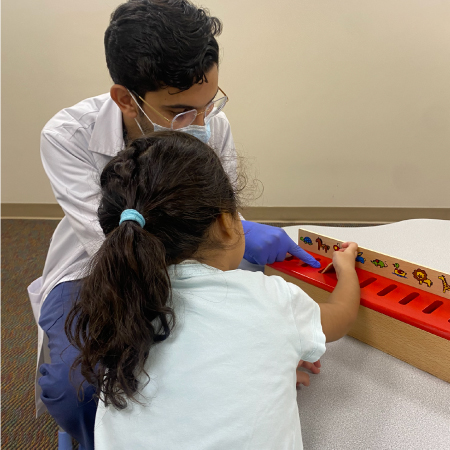
News & Events

Make the most of your Pharmacy Visit
Whether it is a short or long-term prescription, visiting the pharmacy to pick up your medication is an important step in your healthcare journey.
In this article, we explain the importance of:
- Familiarizing yourself with your prescription and medication purpose
- Engaging in open communication and ask questions to your pharmacist.
- Understanding your medication’s potential side effects and body response
- Prioritizing compliance and develop a partnership with pharmacists.
By working with your pharmacist, and asking key questions to understand your medication, you can ensure you gain the full benefits of your treatment.
1. Read your prescribed medications
Before visiting the pharmacy, take a moment to read and understand your prescription. Try to familiarize yourself with the medication name, dosage instructions and any other relevant details. This simple step will enable you to ask your pharmacist informed questions and ensure you know your treatment. If you have any questions, about the medication, ask your doctor when they are prescribing the medication.
2. Engage with your pharmacist
When you arrive at the pharmacy, communicate with your pharmacist and share any relevant information about your medical history, allergies or other medications you are taking. The information you share will help the pharmacist ensure your medication is safe and appropriate for you. If you are not clear, or have any questions, make sure you ask your pharmacist immediately. This will help ensure you properly understand the medication, dosage etc for a better therapeutic outcome.
3. Check the label and read the leaflets
When you receive your medication, check the labeling and packaging. All medication should have a clear and readable label that includes:
- The drug name
- Dosage strength
- Active ingredients
- Expiration date
- Storage instructions
- Warnings or precautions
The Patient information leaflets (PIL) inside the package provide more detail about your medication. Make sure you read these in full.
4. Know the brand and generic names
Medications are often available in both manufacturer’s brand and the generic name, which represents the active ingredient. It's important to know both names to avoid confusion and ensure you are taking the correct medication. If you have any doubts, always consult your healthcare provider or pharmacist.
5. Arrange a medication consultation
Take advantage of the medication counseling services offered by pharmacists. They can provide you with personalized information regarding your medication, including its purpose, when to take it, how to take it, and what to expect. They can also offer advice related to adjusting your lifestyle, strategies to remember taking your medication, and how to properly store medications.
6. Know your medication's purpose
Understanding the purpose of your medication is essential. Ask your pharmacist about the intended benefits and goals of your treatment. Knowing your medication targets and expected outcomes will help you track your progress and effectively communicate with your healthcare provider.
7. Understand dosage and administration
It is crucial to know the correct dosage and instructions of taking your medication. Your pharmacist can clarify any uncertainties and guide you on timing, whether the medication should be taken with food, and any other specific instructions to ensure its maximum effectiveness.
8. Discuss potential drug interactions
If you are taking multiple medications, discuss potential drug interactions with your pharmacist. They can assess the compatibility of your medications and identify any potential risks. Proactively addressing drug interactions with your pharmacist minimizes the chances of adverse effects and optimizes the safety and efficacy of your treatment.
9. Recognize Potential Side Effects
Be aware of potential side effects associated with your medication. Your pharmacist can provide you with a list of common side effects to watch for and when to seek medical attention. Be proactive and pay attention to your body's response, so you can manage any adverse effects and ensure your safety.
10. Incorporate medication into your routine
Discuss strategies for adherence and compliance with your pharmacist. They can guide how to incorporate your medication into your daily routine, set reminders, and overcome any challenges you may face. By adhering to your prescribed medication regimen, you can achieve optimal health outcomes.
11. Keep track of refills and expiration dates
Take note of the number of refills available for your medication and the expiration date. This information will help you plan and ensure you have a continuous supply of your medication. If your prescription is running low or nearing expiration, contact your healthcare provider or pharmacist in advance to arrange for a refill.
If you are a JHAH registered patient, you can easily reach your pharmacists through the toll-free call center number 800-305-4444 to answer any questions and ensure safe and optimal medication use. You can request a medication refill through MyChart.

World Breastfeeding Week
JHAH joins the World Alliance for Breastfeeding Action and the MOH in supporting World Breastfeeding Week

How to sleep better
A good night’s sleep can help repair damaged heart and blood vessels. We have simple tips to help you sleep better
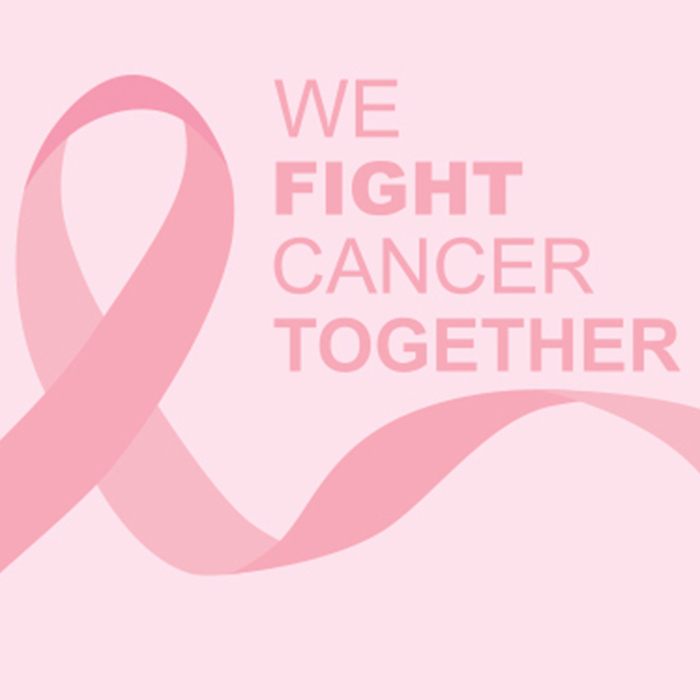
The fight against breast cancer
The good, and bad news about breast cancer – and how to fight it
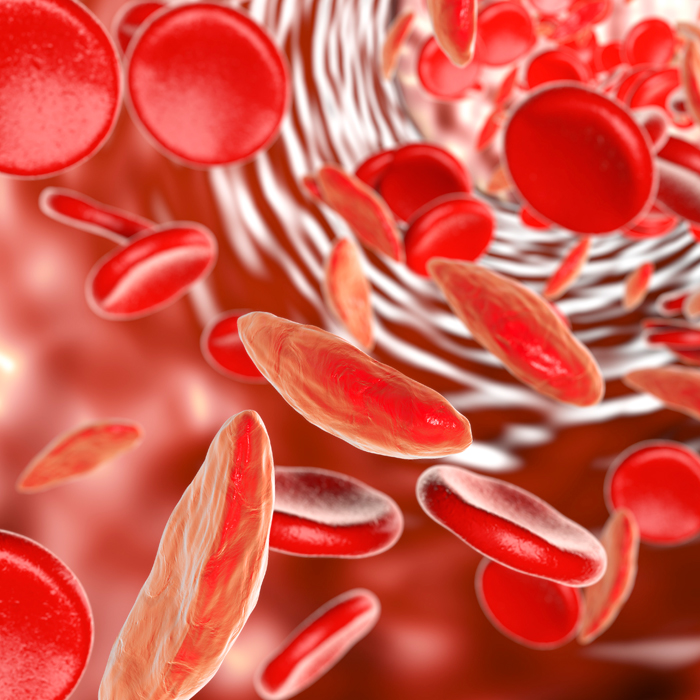
Tackling the pain of sickle cell
Find out how changes to how we manage the pain of sickle cell disease have led to a massive drop in emergency care and hospitalization

Immune System Boosting Meal Plans
A few ideas for a good nutrition program that can help strengthen your immune system

Tips to Strengthen your Immune System
There are many health and nutrition tips that can boost your immune system

Top Tips to Controlling Your Diabetes
The Kingdom is the second in the Middle East and the seventh globally in the rate of Type 2 diabetes, find out how you can take control of your diabetes and lead a healthy life
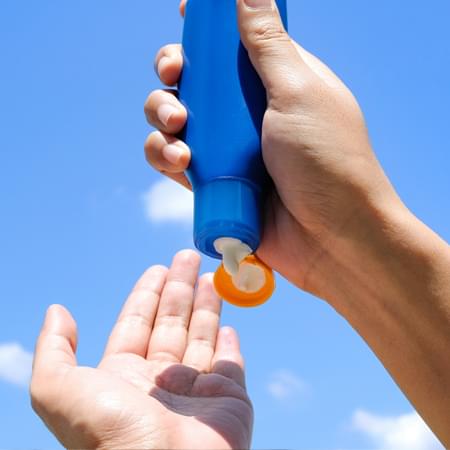
Protect Yourself from Sun Exposure
Health issues related to sun exposure and how you can protect yourself

Nutritional Values of Fruits in Summer Season
Include fruits in your daily menu, in whichever way you like, and stay healthy

Survive a heart attack when alone
Heart attacks often occur when people are alone. Knowing what to do when heart attack symptoms come on can save your life

Obesity Preventive Tips
Encouraging people who suffer from obesity to take part in safe solutions to weight loss, lifestyle change, and weight maintenance

Staying cool and healthy during the summer
We tend to forget that the sun’s shine and brightness can be quite harmful during the summer. Tips to stay healthy and cool during summer
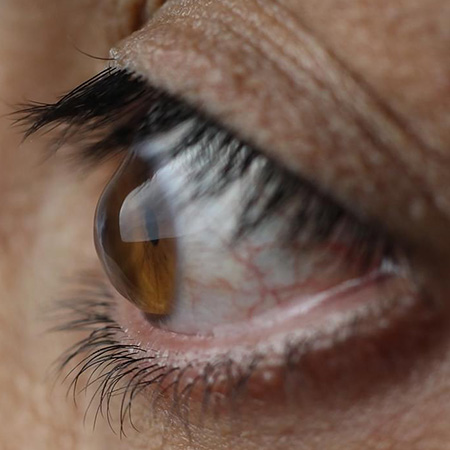
Keratoconus diseases
Keratoconus is an eye disease that affects the Cornea, the clear transparent part of the eye. This disease causes progressive thinning and protrusion of the cornea giving it a conical shape.

Medication Safety Tips
No matter what type of medicine your doctor prescribes, it's always important to be safe and follow medication safety measures
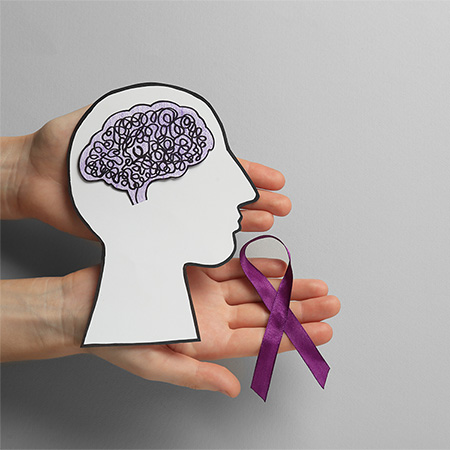
Alzheimer’s Disease
Learn about Alzheimer’s disease, it's symptoms, causes and risk factors, and what to do if you have Alzheimer's disease

Fight Breast Cancer Tips
Proper nutrition and exercise play important roles in reducing the risk of breast cancer

Antibiotics
Learn how to properly use antibiotics to avoid resistance and protect your health

Effective Medication Depends on Efficient Communications
Collecting your medication from the pharmacist is not just a medication transaction but an opportunity to enhance your understanding of the medication and better care for your health.

From Prediabetes to Normal Blood Sugar
JHAH Tawazon Program works with pre-diabetic patients to help them modify their lifestyle to prevent or delay type 2 diabetes

The Four Cs of Food Safety
Four simple and practical guidelines that will help you to keep safe from food-borne diseases in your kitchen

Save lives, donate blood
Read our expert advice on blood donation guidelines and how you can play a role in saving lives
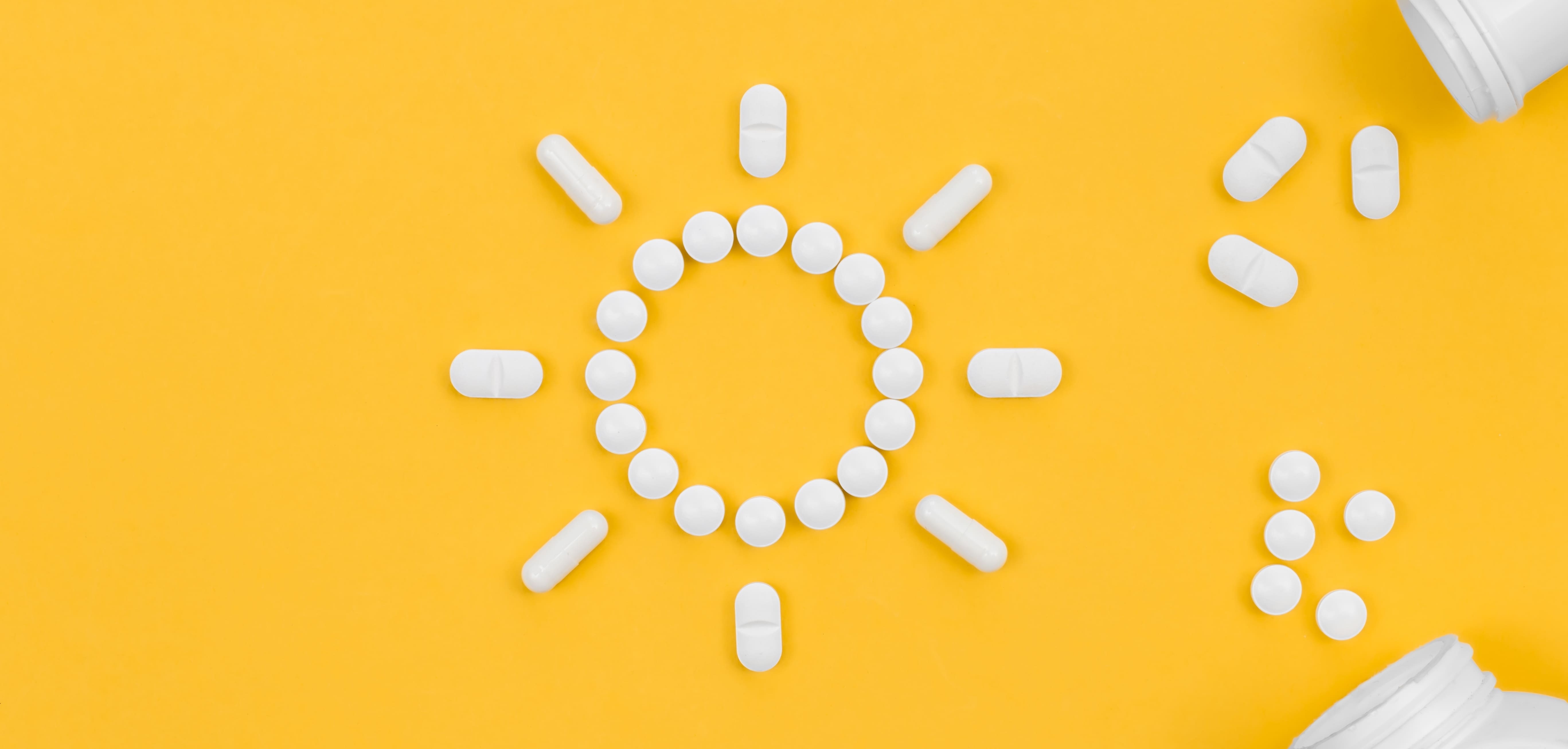
Essential Tips to Safeguard Medications in Summer
Protect your medications against the heat of summer with a few simple tips

Importance of Consuming a Healthy Breakfast
Start your day with nutritious foods to boost your energy and metabolism levels

Tips for Healthier Sweets
JHAH Clinical Nutrition and Food Services Unit is here to help you make your sweets healthier, lighter and heart friendly

Asthma Inhaler Essentials: Techniques for Effective Use
Important techniques to ensure effective delivery of medications to the lungs

Recognizing Dehydration When Spending Time Indoors
Signs of dehydration indoors, symptoms to watch, and tips to stay hydrated even without thirst.
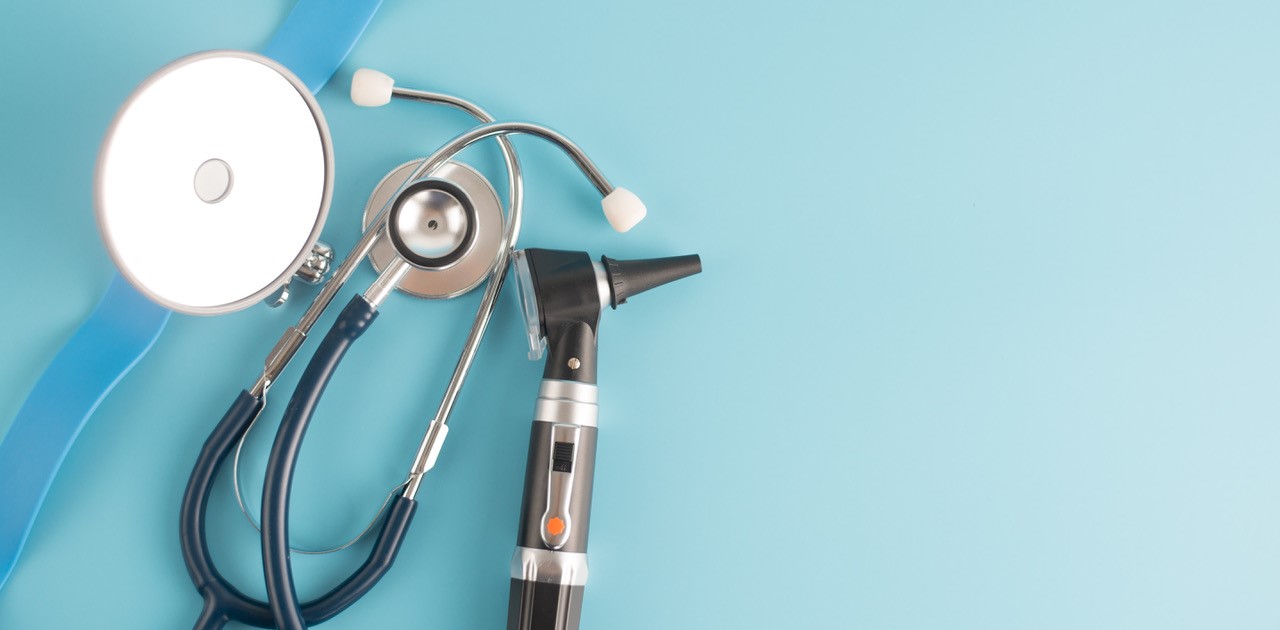
Al-Hasa Health Center Performs First Triple ENT Surgery
Three ENT surgeries significantly improve the breathing of a 21-year-old patient.
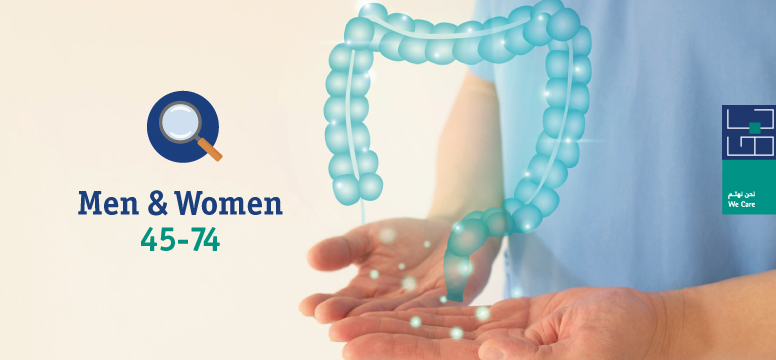
Colon Cancer Screening: A Crucial Step for Your Health
Colon cancer screening can detect the disease in its early and treatable stages

Adapting to Heat: Skin Care Tips
Scientifically backed tips to keep your skin in top condition.

Skin Care for Healthy Skin
Enjoy being outdoors while keeping your skin healthy, protected and radiant

Winter Wellness
Discover key tips to prevent infections this flu season and effective home remedies to manage cold symptoms.

The Importance of Vitamin D in Human Life
Explore the vital role of vitamin D in health and learn how to maintain adequate levels through diet and sunlight.
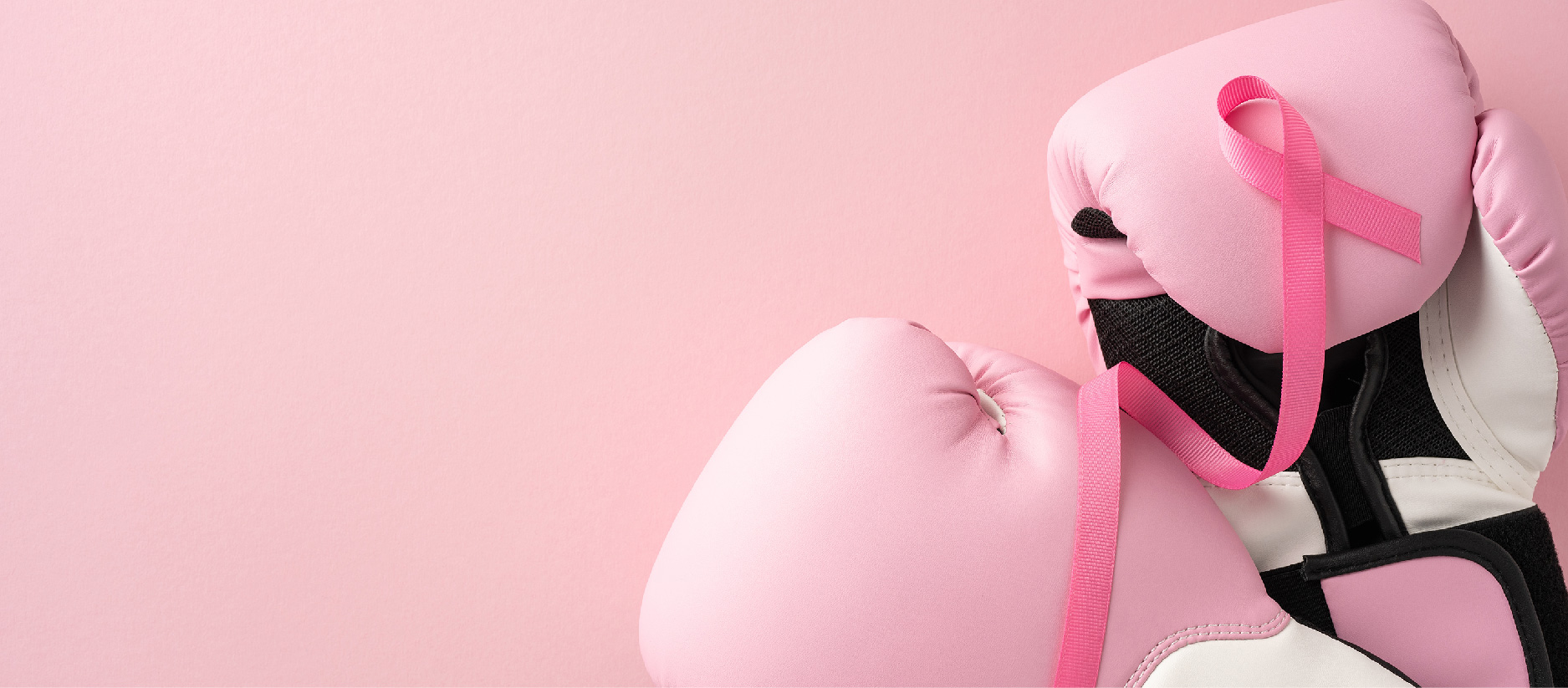
Breast Cancer: Know It, to Beat It
Explore essential insights on breast cancer, its risks, symptoms, and treatment options.

International COPD Day
Join us for International Chronic Obstructive Pulmonary Disease Day as we raise awareness and clear misconceptions.

Fall Prevention Tips
Explore the risks of falling and learn key effective prevention strategies.

Fight Anemia and Power up with Iron Rich Food
Iron deficiency anemia, its causes, symptoms and effective dietary strategies.

The Art of Pillow Selection
Discover the importance of selecting the right pillow for alleviating neck and shoulder pain and enhancing sleep quality.

Infection Prevention and Control Guidelines
Discover essential practices for reducing infection risks. Stay informed and protect your health and the health of others

Tips to Maintain Eye Health at Work
Relieve eye strain and improve focus with the 20-20-20 rule and other tips

Internet Safety Tips for Kids in Cyberspace
Help children stay safe online by teaching privacy, secure settings, and cyberbullying awareness

Your Health in Cold Weather
Boost immunity and well-being this winter with healthy habits, exercise, hydration and sleep

Heart Disease: Risks and Prevention
Raise awareness for heart disease prevention through healthy habits, diet, and stress management

Strengthening children's muscles
Explore how children's exercise programs focus on neurological adaptation and muscle learning rather than muscle size alone

Should I take a collagen supplement?
Learn about collagen, its role in your body, and how diet and lifestyle impact its production

Managing Anxiety and Winter Depression
Tips for coping with seasonal challenges to boost your mood and wellbeing

Social Media & Gaming Addiction: Warning Signs, Risks, and How to Take Control
Hooked on social media or gaming? Learn how constant screen time could be harming your health and what you can do about it.

Importance of Vitamin D in Human Life: Key Aspects and Insights
Discover how Vitamin D plays a vital role in your health—from boosting immunity and mood to strengthening bones and supporting heart function.

Invisalign Clear Aligner Orthodontic Treatment
Looking for a discreet way to straighten your teeth? Invisalign clear aligners at JHAH offer a comfortable, effective, and nearly invisible alternative to braces.
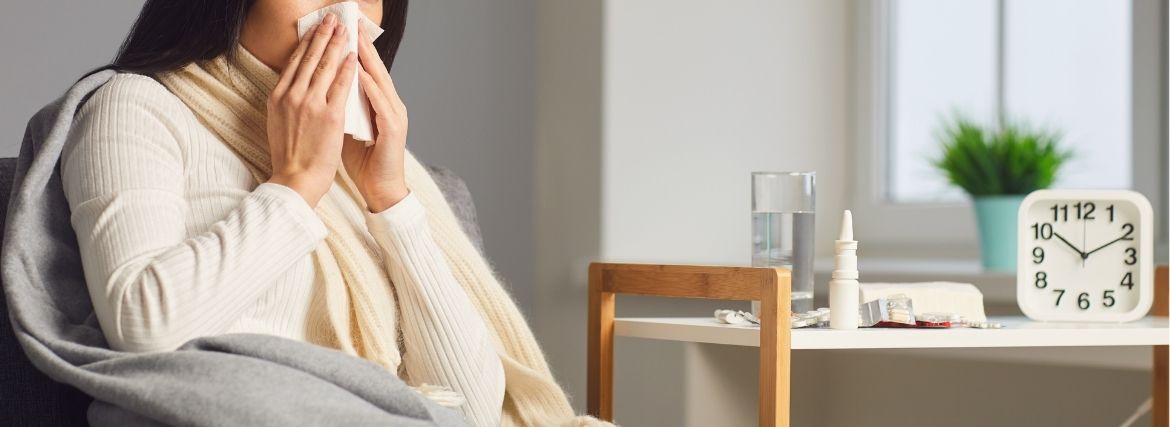
Minor Illness Management
Feeling under the weather? Discover practical tips to care for yourself or your child at home when dealing with flu or stomach illness.
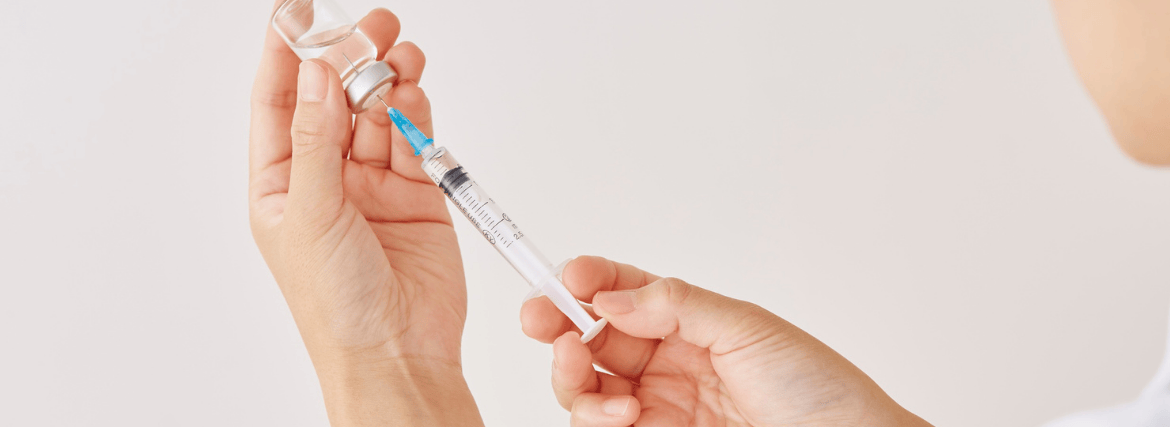
Immunization Issues
Vaccines, immunity-boosting tips, and hygiene habits that help you stay healthy and reduce the spread of seasonal viruses.
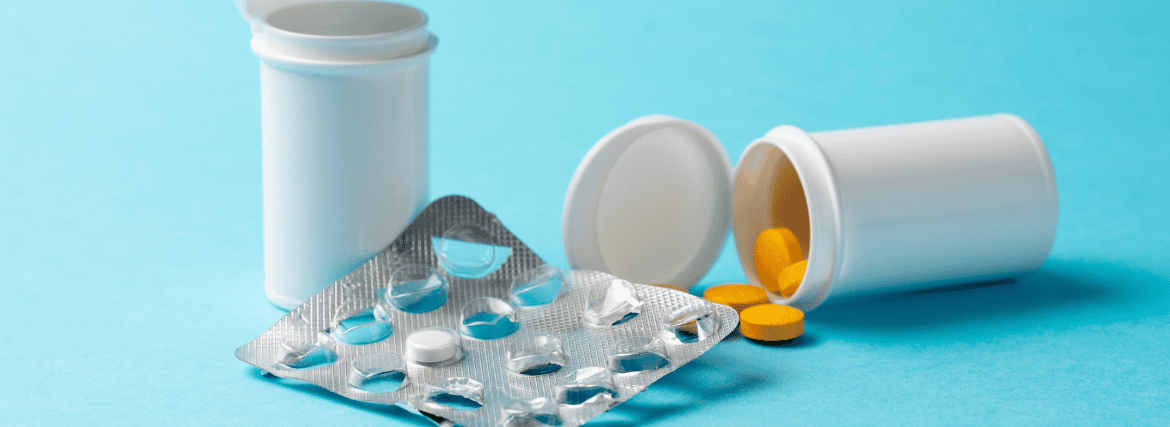
Using Opioid Medications Safely
Opioids can relieve pain—but only when used correctly. Discover essential safety tips and warning signs every patient and caregiver should know.

Why you should quit
Smoking harms nearly every body organ. The earlier you quit, the greater the health benefit. Learn how

Healthy and Fun Lunchbox Ideas for Kids
Give your kids the energy boosts they need with colorful, balanced lunchbox ideas that stay fresh until lunchtime.

Helping Children Adjust in the First Weeks of School
Starting school can be emotional for kids and parents. Learn simple ways to ease anxiety, build steady routines, and make the first weeks a positive experience

Working Together for a Healthy School Year: Hygiene Tips for Kids, Parents, and Teachers
Keeping kids healthy is a team effort. Explore fun, practical ways for parents and teachers to teach good hygiene, reduce sick days, and keep classrooms thriving

Protecting Children from Sun and Heat at School
Help your child stay cool and safe at school with easy sun protection, hydration tips, and guidance for healthy outdoor play

School Bus Safety Practices
Safe bus rides start with parents. Learn easy rules and reminders to keep kids safe, confident, and stress-free on every school journey

Study Tips for Kids: Reducing Stress and Boosting Confidence
Make homework stress-free with simple study routines, fun habits, and confidence hacks that keep kids motivated to learn.

School Bedtime Tips for Kids: Better Sleep, Better Learning
Make school mornings smoother with simple sleep tips that build healthy routines, calmer evenings, and better focus for kids.
